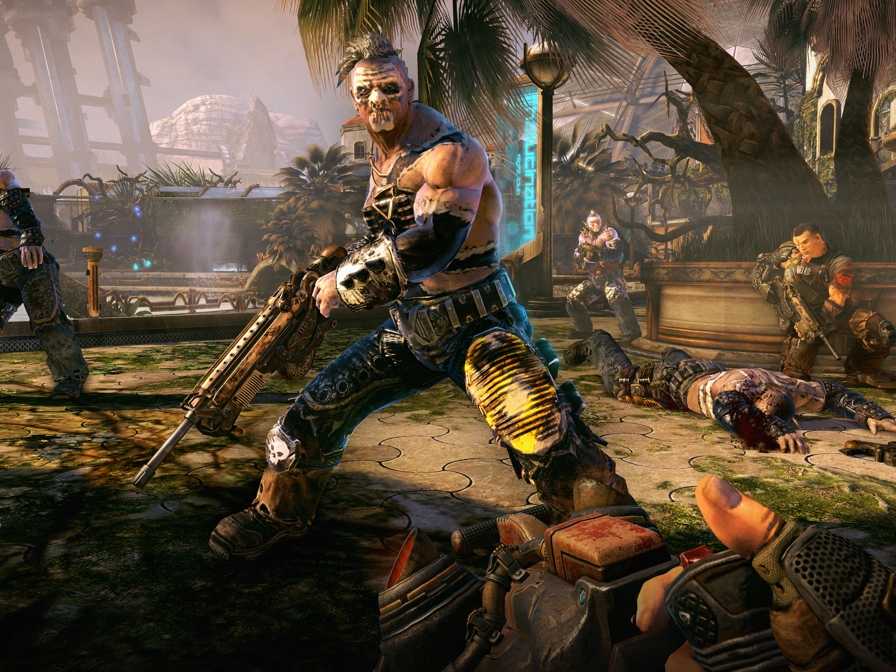Violent videogames protected by US Supreme Court
But the free speech debate is far from over

The US Supreme Court has afforded videogames the same free speech protection as the First Amendment grants to literature and the movies, refusing to let California ban the sale of violent games to children.
For the most part, this was an expected victory. The surprising part is just how overwhelming it was, with five out of seven judges ultimately backing gaming. In short, games are now officially integrated into modern society, and no longer have to fear being treated as a special case by the law. That's a hell of a jump from the 90s, when (usually inoffensive) games like Night Trap were officially being dragged over the coals and treated as if Satan himself was listed as the Executive Producer.
It's also notable just what the points of dissent actually were. One dissenting justice simply didn't believe the law under review, as proposed by California, violated the First Amendment and was therefore fine.
The other, Justice Thomas, objected on the grounds that... wait for it... children don't count as people, and the Puritan thought fathers should have absolute power over their children. "It would be absurd to suggest that such a society understood 'the freedom of speech' to include a right to speak to minors without going through the minors' parents," he wrote in his dissent, presumably by candlelight, somewhere in the 17th century, before classifying games along with "Vain Books, profane Ballads, and filthy Songs", as well as "fabulous Histories of Giants, the bombast Achievements of Knight Errantry, and the like." Good grief...
UK implications
As is often the case, what makes this an interesting legal battle from a UK perspective is how much of it revolves around the constitution, rather than whether or not the law itself would actually be a good idea.
After all, here the situation is usually reversed - the standard complaint is that it's too easy for a 13 year old to walk into a store and emerge with a copy of Grand Theft Auto. We're used to our games - along with movies - having age ratings, and to those ratings being backed up by the weight of the law. It works, largely because there's no stigma attached to the 18 rating in the same way as the dreaded Adults Only mark in the US.
Sign up for breaking news, reviews, opinion, top tech deals, and more.
At the same time, it's not hard to see why people are up in arms. We accept movies and games being rated by the BBFC (and in the case of games, PEGI) largely because of precedent.
Would there be outcry if books and similar were suddenly given the same treatment? Absolutely, and with good cause. Classification is far from censorship, but it's a slippery slope from one to the other, and any new step down that slope is best avoided.
If the Supreme Court had ruled in favour of legislation to protect children, the games industry might have ended up with a system like ours... which generally works, except for the occasional facepalm moment like the fuss over Manhunt 2... or one that evolved into the hyper-paranoid German system, where even games like Bulletstorm that get an equally enforced 18+ rating often end up hitting the shelves stripped of their blood and gore. Nobody wants that.
The free speech debate clearly isn't over. The Supreme Court has a way of stripping First Amendment protection from works it deems obscene - the Miller Test (http://en.wikipedia.org/wiki/Miller_test). Likewise, games will still suffer the standard prior restraint of having to worry about what shops will be willing to sell, regardless of what kids can buy.
Officially, though, it's a win. The playing field is even. Games have as much protection as any other entertainment, at least in the US, and where the US leads, the rest of the world tends to follow. That's a triumph worth savouring, even as we wait for the next big game that feels the need to put it to the test.